Cement is one of the most essential materials in construction, determining the strength, durability, and longevity of a building.
In Nigeria, there are several cement brands available, each with unique properties suited for different types of construction projects.
Choosing the best cement for your building project requires understanding factors such as quality, setting time, strength, resistance to environmental conditions, and cost.
Bullionrise consult will help you examine the best cement brands in Nigeria, their features, uses, and advantages, helping you make an informed decision for your next construction project.
Table of Contents
ToggleTop Cement Brands in Nigeria and Their Strengths
1. Dangote Cement
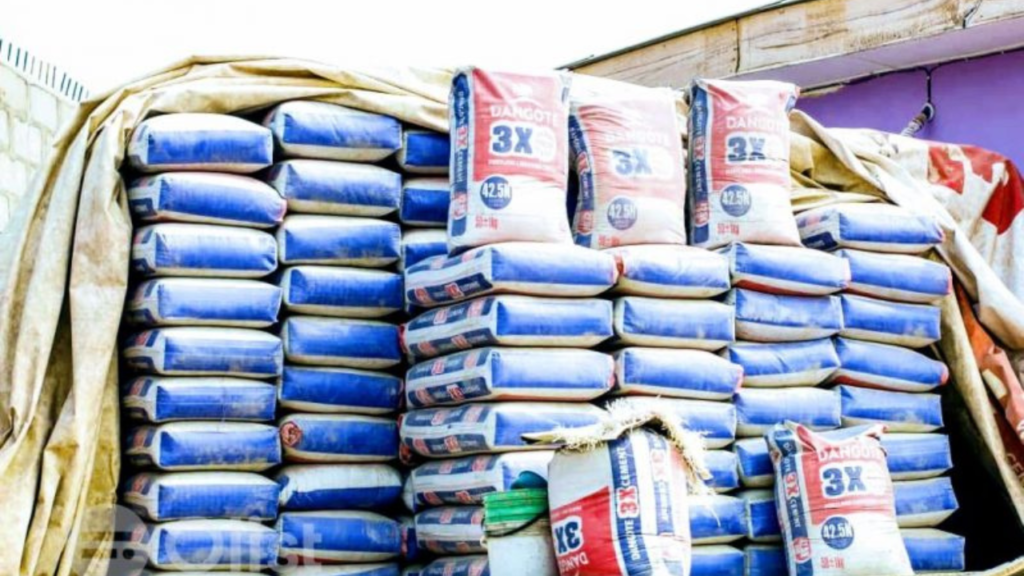
Type:
Ordinary Portland Cement (OPC), 3X Cement
Strengths:
- High compressive strength, making it durable for all types of construction.
- Resistant to sulfate and environmental damage, making it ideal for both inland and coastal areas.
- Used for foundation, block making, plastering, bridges, and road construction.
- Available in 50kg bags and bulk supply for large-scale projects.
Best For:
General construction, large-scale buildings, bridges, and roads.
See also – Estimate Cost of Building a House in Nigeria
2. Lafarge Cement (Elephant Cement)
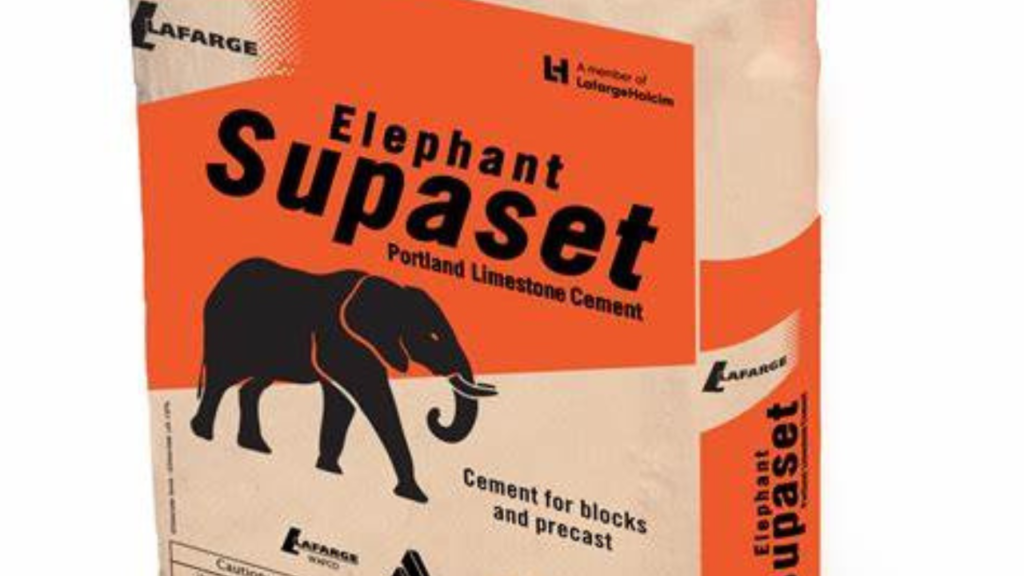
Type:
Ordinary Portland Cement (OPC), Supaset Cement
Strengths:
- Fast setting, making it ideal for block-making and precast concrete.
- Good workability and durability, ensuring smooth application for walls and floors.
- Reduces the risk of cracks and enhances the quality of mortar and concrete.
Best For:
Block-making, general construction, and plastering.
3. BUA Cement
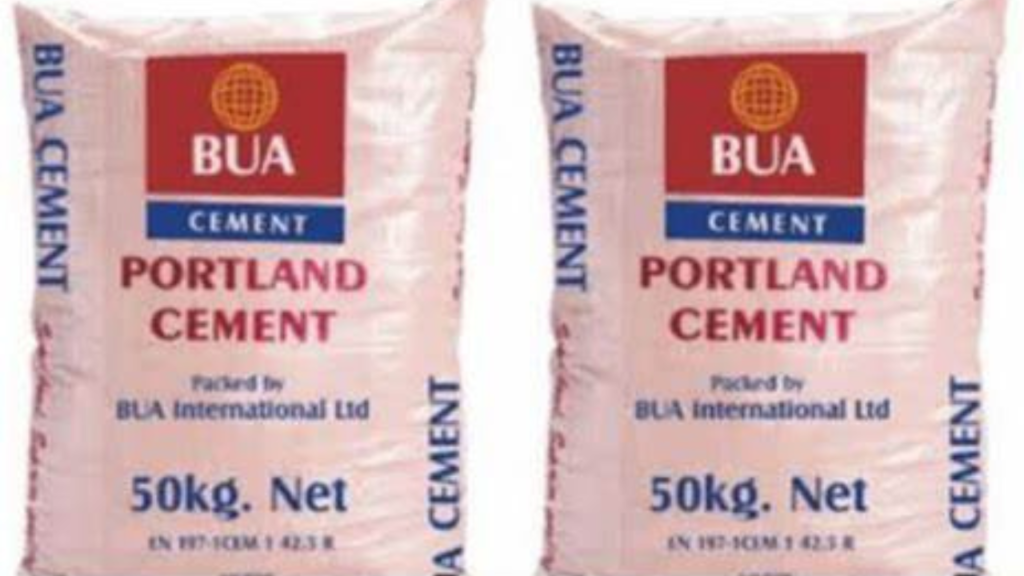
Type:
Ordinary Portland Cement (OPC), Portland Limestone Cement (PLC)
Strengths:
- High strength and durability, ensuring long-lasting structures.
- Suitable for coastal and inland construction due to its resistance to moisture and sulfate attack.
- Affordable and widely available across Nigeria.
Best For:
General construction, marine structures, and bridges.
See related – Building Materials Used for Building Houses in Nigeria
4. Unicem Cement
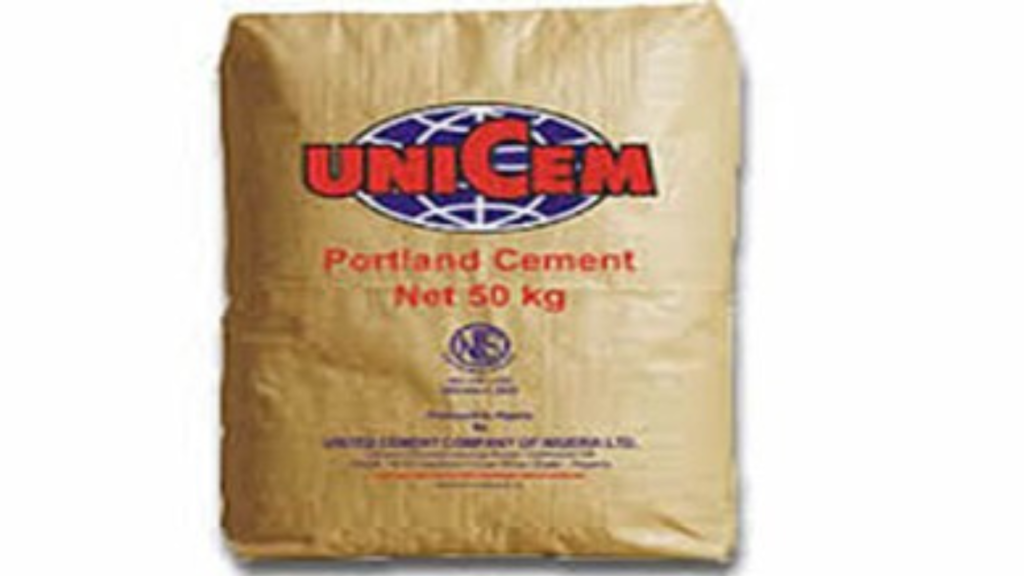
Type:
Portland Limestone Cement (PLC)
Strengths:
- High early strength, making it ideal for fast construction projects.
- Good for foundation work and plastering, producing a smooth finish.
- Eco-friendly with reduced carbon emissions compared to traditional OPC.
Best For:
Housing construction, plastering, and decorative concrete work.
5. Ibeto Cement
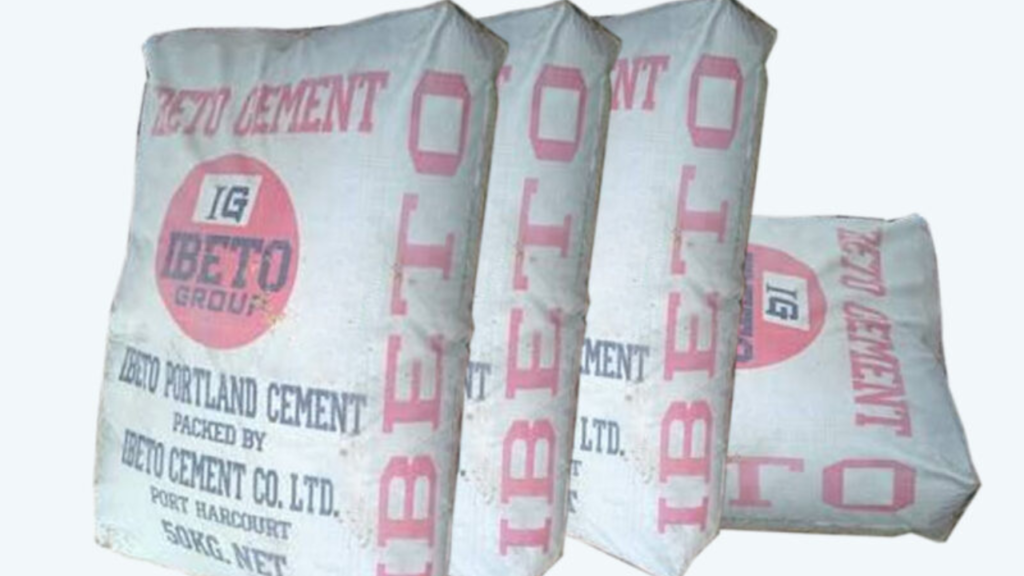
Type:
Portland Cement
Strengths:
- High strength and resistance to chemical attacks, making it durable in all weather conditions.
- Affordable and effective for large projects, making it popular in both rural and urban areas.
- Suitable for both wet and dry environments, reducing the risk of structural failure.
Best For:
Foundation, concrete work, and block-making.
See also – Top 5 Affordable Construction Company in Nigeria
Factors to Consider When Choosing Cement
When selecting the best cement for your building project in Nigeria, consider the following:
1. Strength and Durability
- For high-rise buildings, bridges, and heavy structures, go for Dangote Cement or BUA Cement due to their high compressive strength.
- For residential homes and small projects, Lafarge Elephant Cement or Unicem Cement will work wel
2. Setting Time
- If you need fast-setting cement for block-making or precast concrete, Lafarge Supaset Cement is the best option.
- For large-scale projects where slower setting is beneficial, use Dangote or BUA Cement
3. Environmental Conditions
- If building in coastal areas or places with high moisture levels, use BUA Cement due to its sulfate and moisture resistance.
- For hot and dry regions, Dangote Cement is a reliable option.
4. Cost and Availability
- Dangote Cement is the most widely available but slightly more expensive.
- BUA and Lafarge Cement offer good quality at a competitive price.
- Ibeto Cement is more affordable and suitable for budget-friendly projects.
Which Cement is the Best?
The best cement depends on your specific construction needs:
- For general construction: Dangote Cement
- For block-making: Lafarge Supaset Cement (fast setting)
- For coastal/marine areas: BUA Cement (resistant to moisture and sulfate attack)
- For plastering and finishing: Unicem Cement (smooth texture)
- For budget-friendly projects: Ibeto Cement
What do Bullionrise consult Recommend?
If you’re looking for an all-purpose, high-quality cement that is strong, durable, and widely available, Dangote Cement is the top choice in Nigeria.
However, Lafarge, BUA, and Unicem also provide excellent alternatives depending on your project requirements.
Conclusion
Choosing the right cement is crucial for building a strong and long-lasting structure in Nigeria.
Consider factors such as strength, durability, setting time, and cost when selecting cement for your project.
Dangote Cement is the most recommended, but Lafarge, BUA, Unicem, and Ibeto Cement also offer reliable options.
Frequently asked questions
What factors determine the quality of cement for building in Nigeria?
The quality of cement depends on its strength, durability, and setting time, which are influenced by its composition and manufacturing process.
High-quality cement should meet the standards set by the Standards Organization of Nigeria (SON).
Factors like the brand’s reputation, consistency in performance, and resistance to environmental conditions also play a role.
Always check for certifications and quality marks when purchasing cement.
Which cement brands are considered the most reliable for construction projects?
Some of the most reliable cement brands in Nigeria include Dangote Cement, BUA Cement, and Lafarge Cement.
These brands are known for their consistent quality, wide availability, and compliance with industry standards.
They are trusted by builders for various construction projects, from residential to commercial.
Choosing a reputable brand ensures durability and safety in your building.
How does the type of cement affect the durability of a building?
Different types of cement are designed for specific purposes, such as Ordinary Portland Cement (OPC) for general construction and Sulphate-Resistant Cement for areas prone to chemical exposure.
Using the right type of cement enhances the building’s strength and longevity.
For example, high-grade cement is better suited for heavy structures, while low-heat cement is ideal for large-scale projects to prevent cracking.
Selecting the appropriate cement type ensures the building can withstand environmental and structural stresses.
Are there specific cements recommended for different types of construction, such as residential or commercial?
Yes, residential projects often use Ordinary Portland Cement (OPC) for general construction needs.
For commercial or industrial projects, specialized cements like Rapid Hardening Cement or High-Strength Cement may be recommended for faster setting and greater load-bearing capacity.
Plastering works may require fine-grade cement for a smooth finish.
Consulting with a construction expert can help determine the best cement for your specific project.


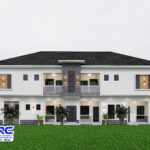


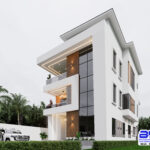
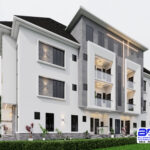
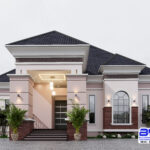
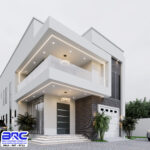
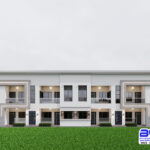
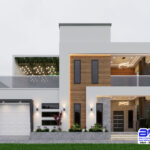
2 thoughts on “Which cement is the best for building in Nigeria?”
I really appreciate for the enlightenment you gave me now
thanks